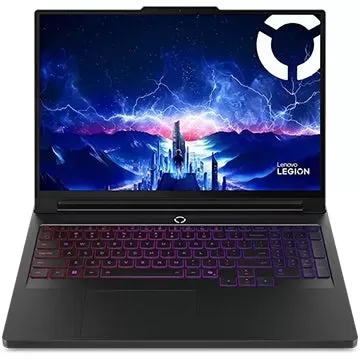"8 Surprising Cases of Outdated Tech Still in Use"
We're used to upgrading our technology every few years—be it the latest iPhone, an aging processor, or a graphics card that can no longer keep up with modern games. Often, old devices are either sold off or discarded, making room for the new. But not all outdated hardware fades into oblivion.
In fact, many vintage systems continue to operate reliably, and in some cases, they remain vital to critical functions. Below are eight fascinating examples of how legacy technology still plays a crucial role in today's world.
Table of Contents
- Retro Computers Mining Bitcoin
- A Reliable Mechanic’s Assistant Since the '80s
- Vintage Tech as a Bakery POS System
- Outdated Systems Managing Nuclear Arsenals
- Windows XP Powers Multi-Billion Dollar Aircraft Carrier
- Critical Airport Infrastructure Fails Due to Legacy Software
- Classic Hardware Used for Cutting-Edge Research
- Nostalgia Keeps Old Systems Alive
Retro Computers Mining Bitcoin
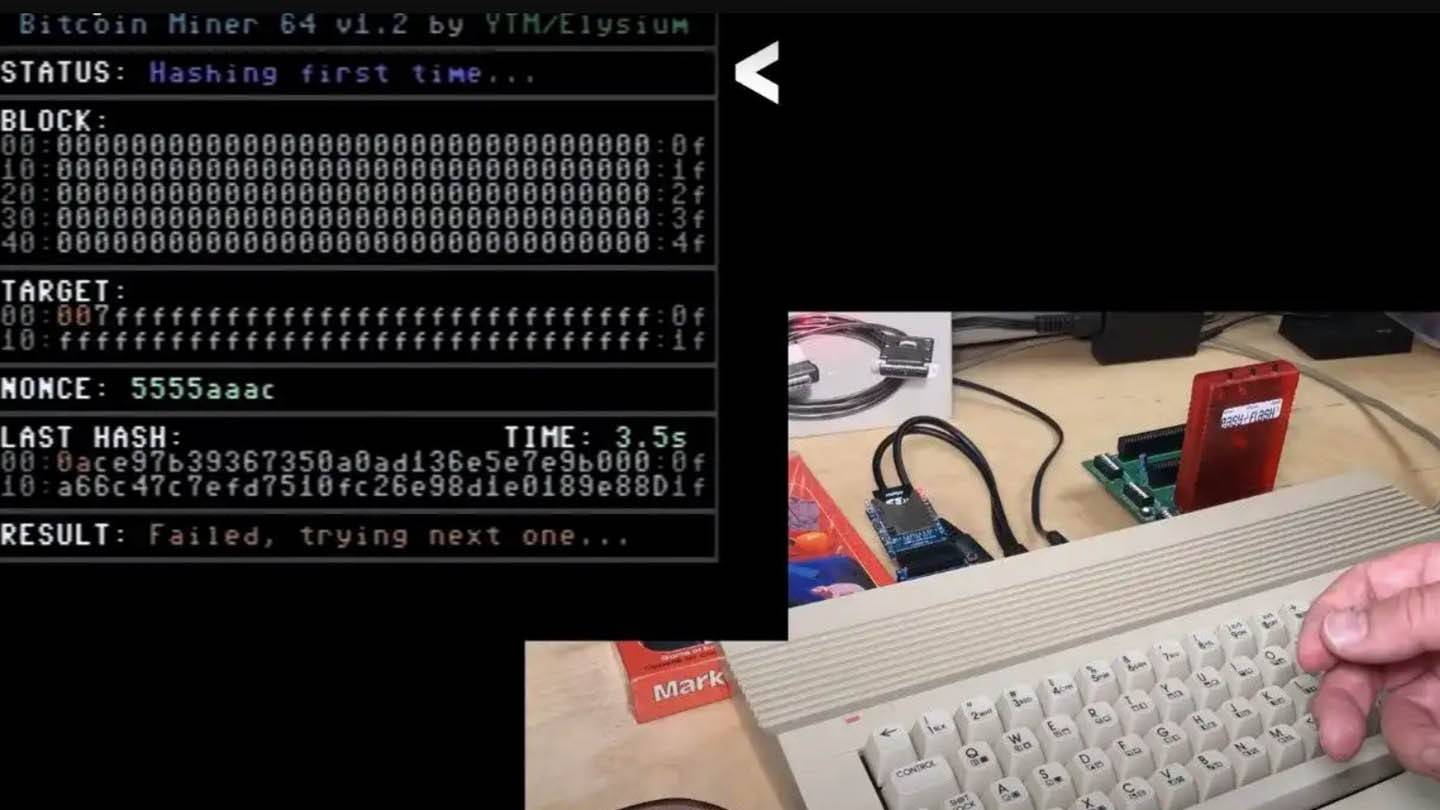
While Bitcoin mining typically demands high-performance GPUs or ASIC miners, enthusiasts have tested whether retro computers like the 1982 Commodore 64 could join the race. The results? Technically possible—but highly impractical. The C64’s 8-bit, 1 MHz processor manages only 0.3 hashes per second. For context, an RTX 3080 processes around 100 million hashes per second. At this rate, it would take approximately one billion years for the C64 to mine a single Bitcoin.
Another experiment by YouTuber stacksmashing involved mining Bitcoin using a Nintendo Game Boy from 1989. By linking the console to the internet via a Raspberry Pi Pico microcontroller, he successfully ran a mining script. The Game Boy clocks in at 0.8 hashes per second—slightly faster than the Commodore but still about 125 trillion times slower than modern ASIC miners. To mine one Bitcoin, the Game Boy would need to run continuously longer than the current age of the universe.
A Reliable Mechanic’s Assistant Since the '80s
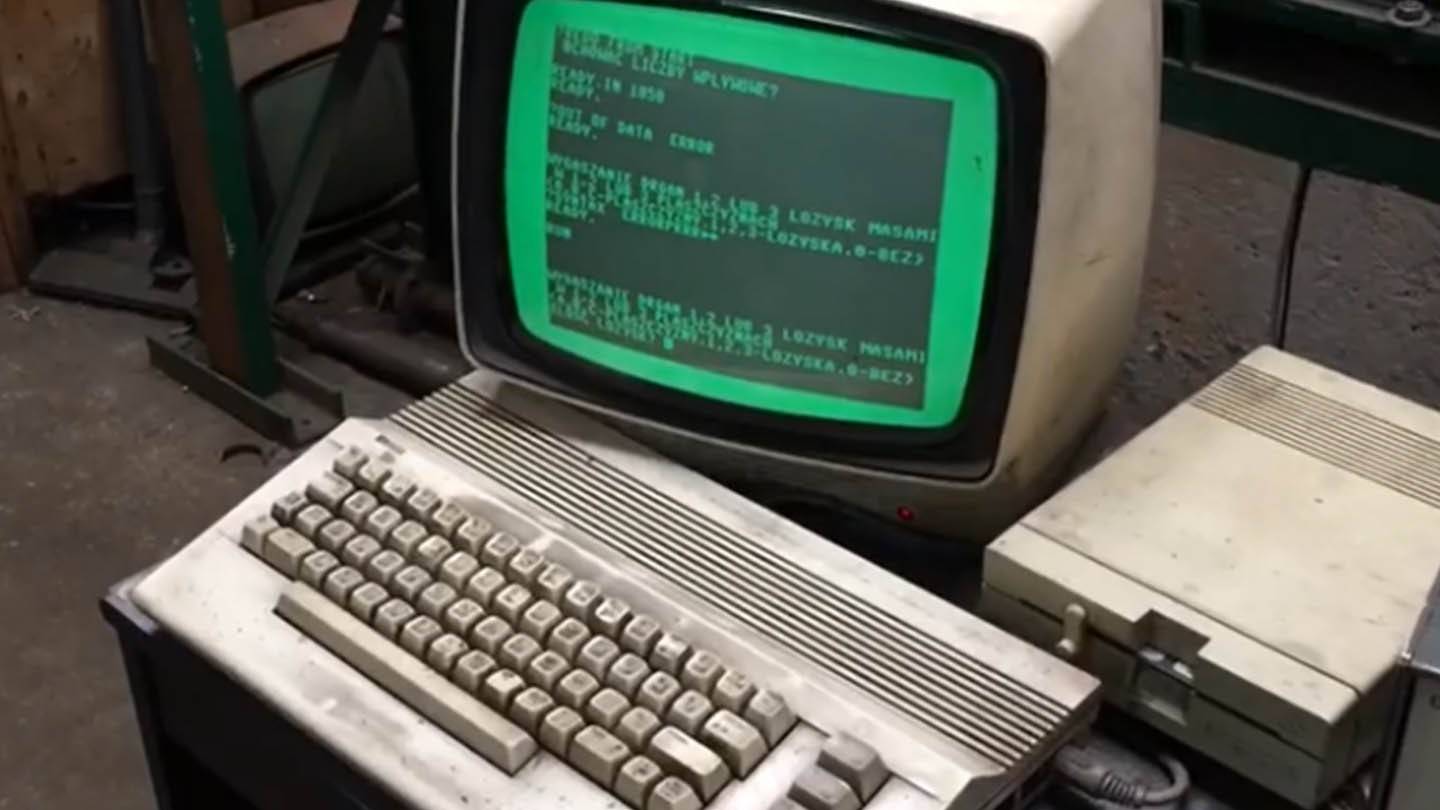
In Gdansk, Poland, a trusty Commodore 64C has been serving mechanics for over three decades. Despite surviving a flood, the system continues to perform drive shaft calculations flawlessly. Running on a 1 MHz CPU with just 64 KB of memory, the C64C executes custom-developed software without issue—proving that sometimes older tech outlasts modern alternatives.
Vintage Tech as a Bakery POS System
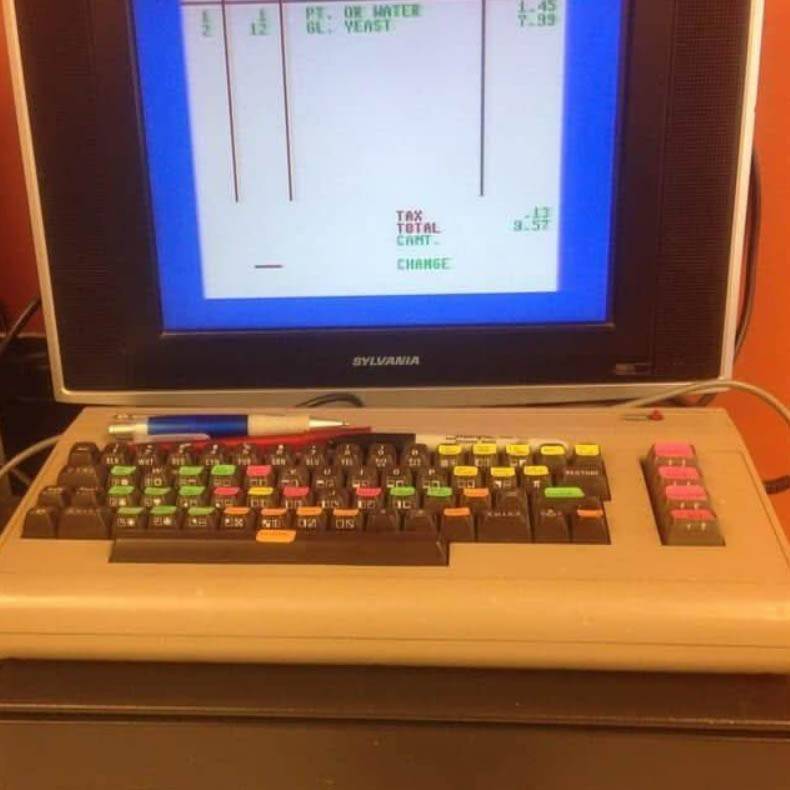
A bakery in Indiana has relied on a Commodore 64 as its point-of-sale (POS) system since the 1980s. Affectionately nicknamed the "breadbox," the computer acts as a cash register. Unlike modern POS systems that frequently suffer from update-related glitches, the C64 remains stable—even after updating only the keyboard labels for baked goods.
Outdated Systems Managing Nuclear Arsenals
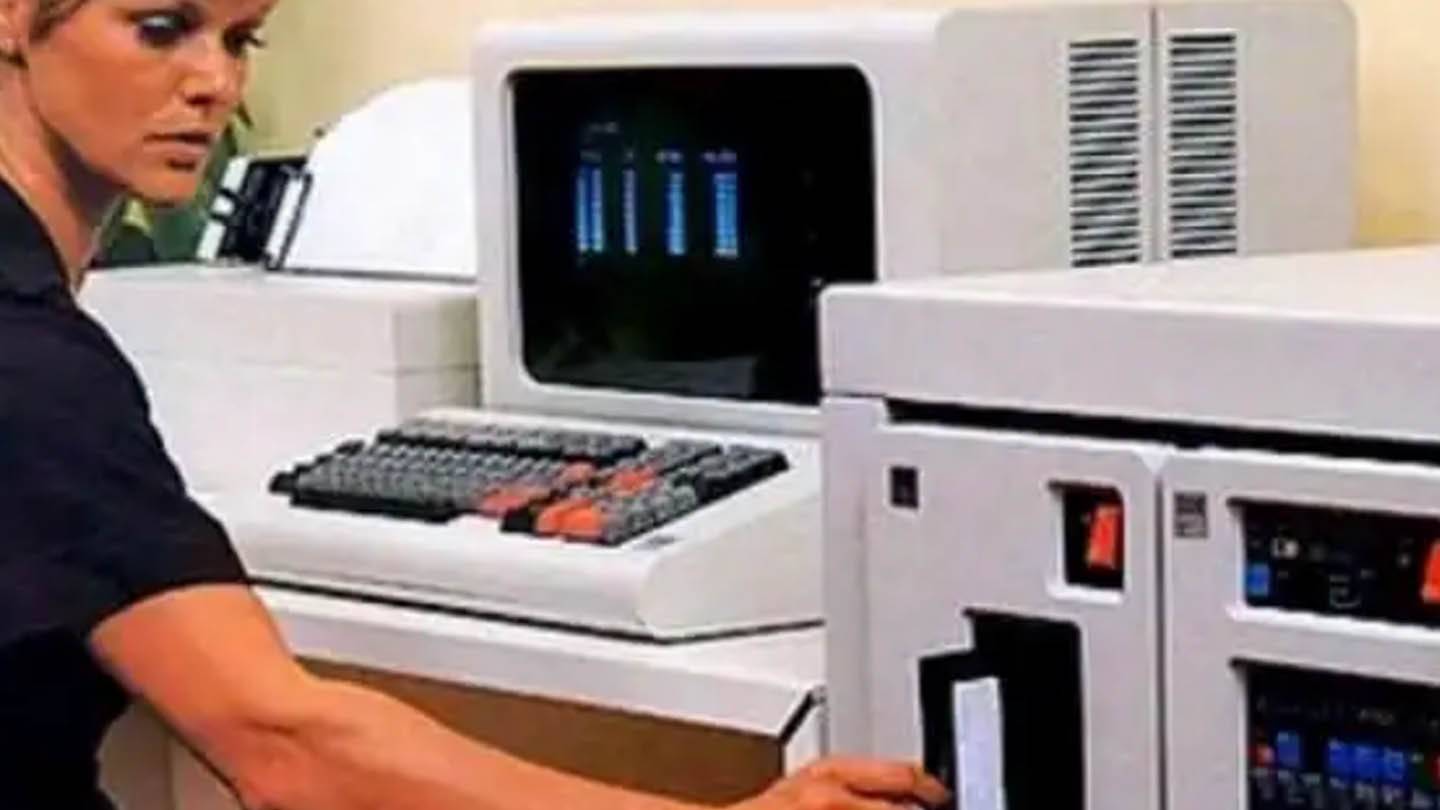
Surprisingly, the United States relies on a 1976 IBM mainframe equipped with 8-inch floppy disks—each storing a mere 80 KB—to manage its nuclear arsenal. While modernization plans exist, the system remains operational due to its proven track record of reliability.
Similarly, Germany’s naval fleet uses 8-inch floppy disks aboard its Brandenburg-class frigates. Although built in the 1990s with advanced weaponry, these ships rely on decades-old storage technology. Efforts to upgrade include installing floppy disk emulators, though nostalgia and familiarity help preserve the original setup.
Windows XP Powers Multi-Billion Dollar Aircraft Carrier
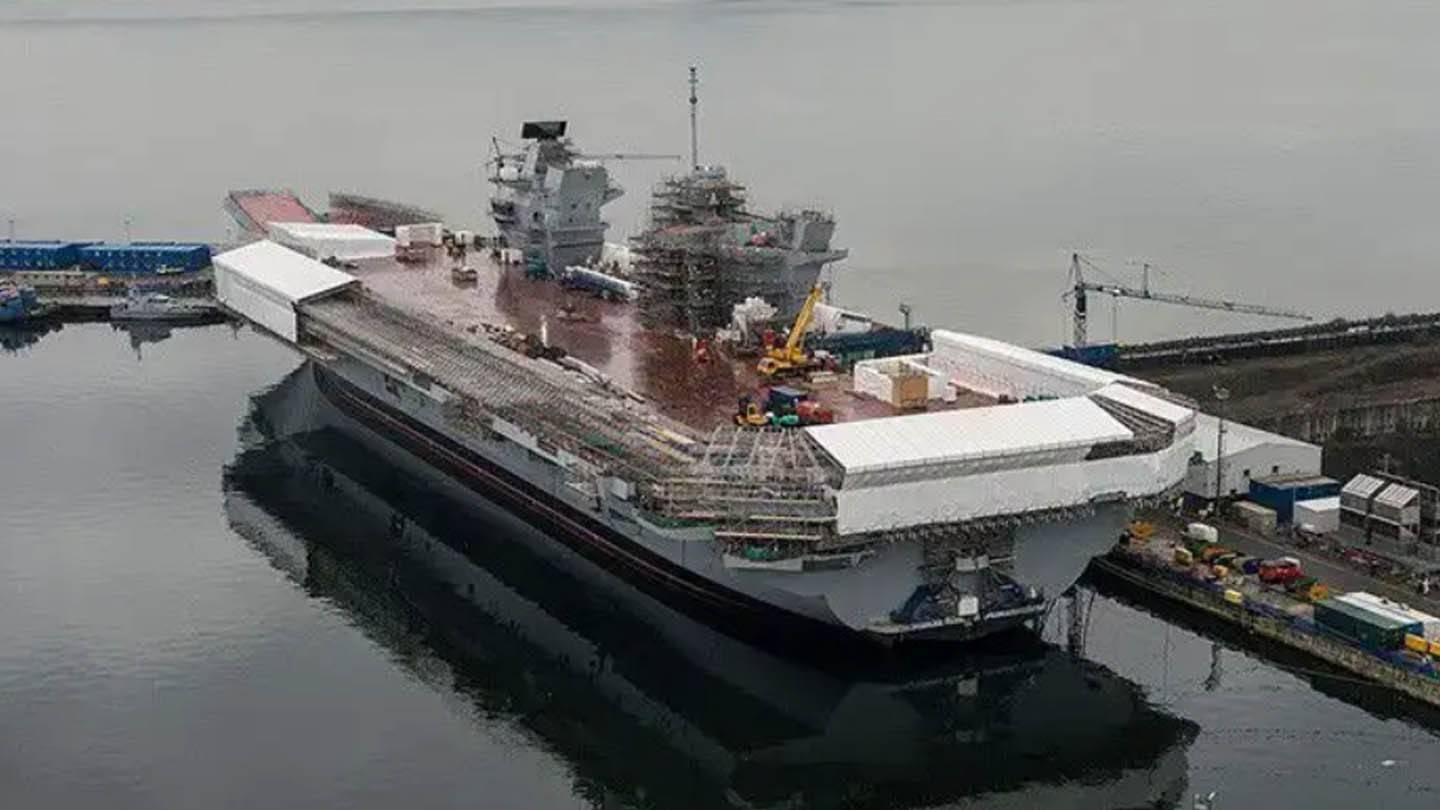
The British HMS Queen Elizabeth, a multi-billion-dollar aircraft carrier, runs on Windows XP—an operating system that Microsoft officially discontinued support for in 2014. The Royal Navy claims robust security measures are in place, yet reliance on such outdated software raises concerns.
Likewise, Britain's Vanguard-class submarines Victorious, Vigilant, and Vengeance use Windows XP to control intercontinental missile systems. These systems remain offline for protection, with updates not scheduled until 2028.
Critical Airport Infrastructure Fails Due to Legacy Software
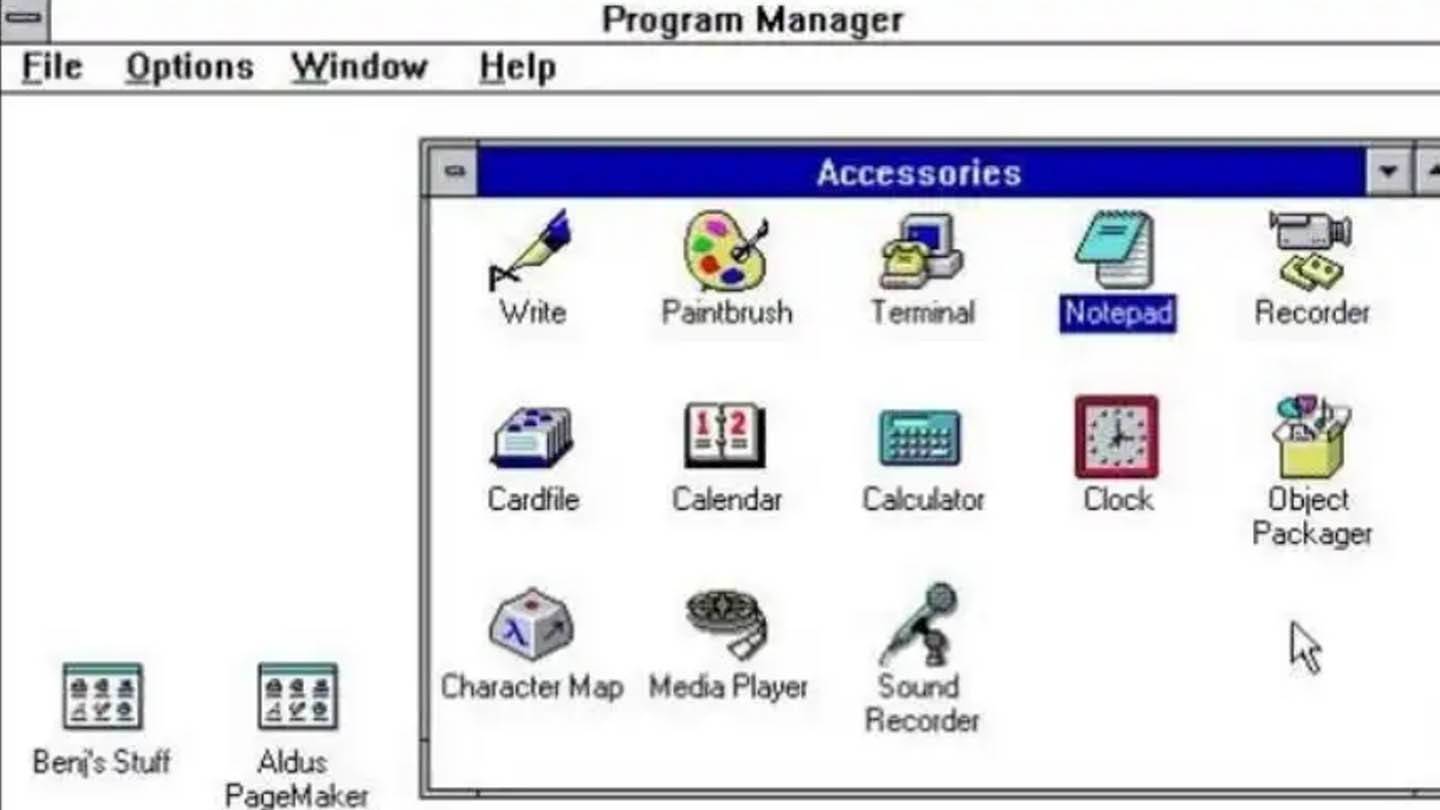
In 2015, Paris Orly Airport faced a major disruption when a computer running Windows 3.1—a system from 1992—crashed. The DECOR software responsible for delivering weather data to pilots malfunctioned, forcing flight suspensions for safety reasons. Some joked that the machine simply wanted to upgrade to Windows 95.
Classic Hardware Used for Cutting-Edge Research
Beyond practical applications, classic hardware is often repurposed for educational and scientific research. Retro systems like the Commodore 64 serve as excellent platforms for teaching programming fundamentals or simulating basic physics experiments. Their simplicity allows students and researchers to grasp core computing principles without the distractions of modern complexity.
Nostalgia Keeps Old Systems Alive
In addition to functionality, nostalgia plays a significant role in keeping legacy systems active. Whether due to workflow compatibility, cost constraints, or emotional attachment, organizations often choose to retain familiar tools rather than invest in complex upgrades.
These examples highlight how outdated technology continues to serve essential roles across various industries. From gaming consoles mining cryptocurrency to ancient computers managing defense infrastructure, legacy tech demonstrates remarkable resilience. While eventual upgrades may phase them out, these systems remind us of the enduring value of simplicity, stability, and reliability.









